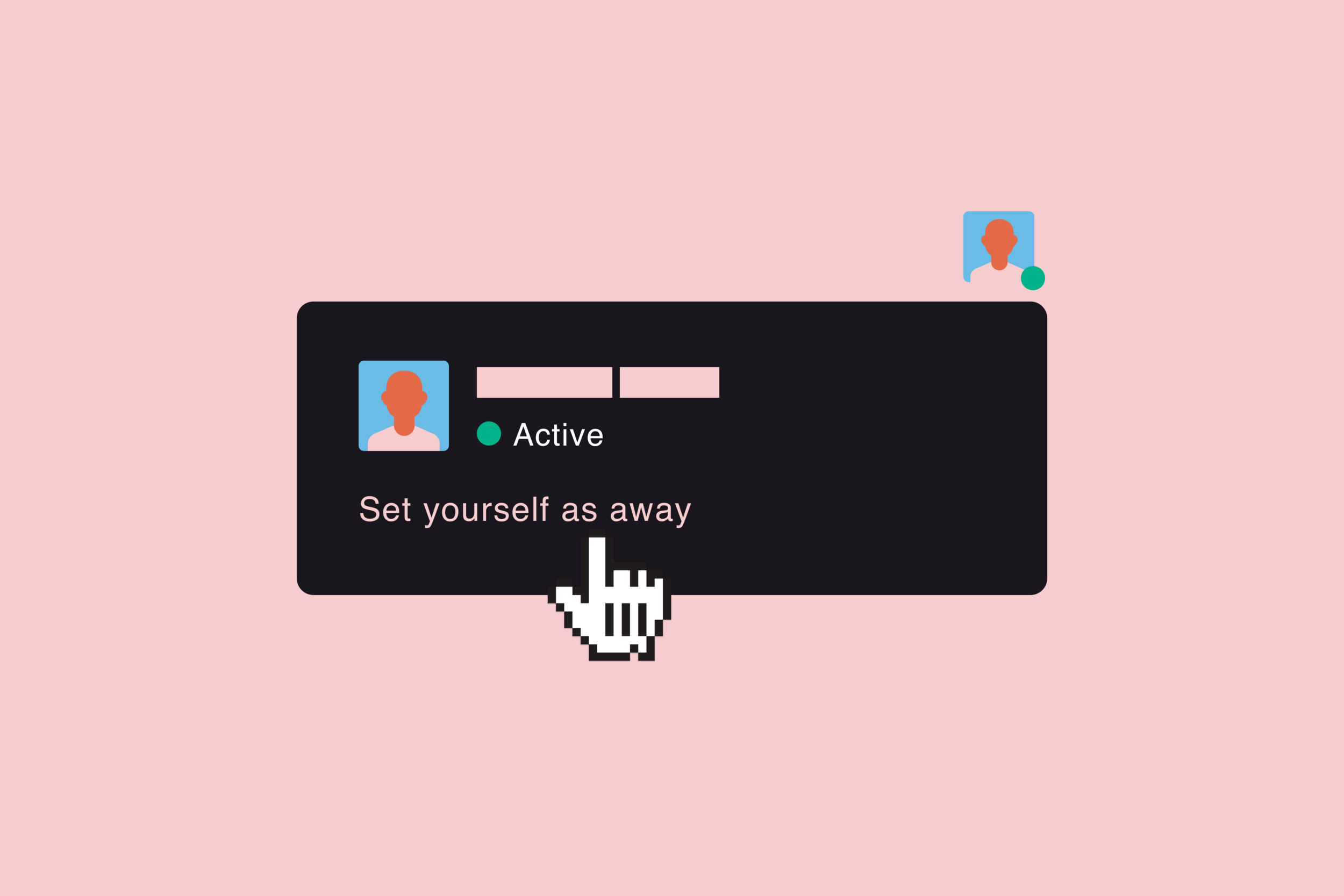Setting and tracking measurable goals gives us a feeling of progress. Often, we deceive ourselves.
January is behind us and with it - let's face it - most of our New Year's resolutions. What better time to reflect on whether we've set the best targets to begin with?
"Tell us how many books you want to read in 2022, and Goodreads will help you achieve your goal."
Especially in professional circles, I am known as a vocal advocate for goal-setting. SMART goals, Objectives and Key Results, I love them because they capture many of the essential ingredients of what makes something worth measuring (and setting targets for). This is why, when the book discovery app Goodreads invited me to log my reading goal for 2022, something felt off.
Back when I studied which factors drive behaviour change, one tool that topped the list was trackable progress. Dopamine-hungry monkeys that we are, we can't resist the reward of hockey-stick charts and counters ticking up, moved due to our own actions. This is why your watch counts your steps, your fitness app repetitions, your travel app miles, and your hotel chain points. We have an inbuilt desire to move up the scale - any scale. It becomes tempting to perform actions merely in order to do so, not because of why we put the scale there in the first place.
There are many reasons why one might choose to read. Learning about alpine folk tales, impressing a date in conversation, or winding down before bed to improve sleep might be some candidates. However, none of those goals is best measured by the number of books you read. Importantly, setting the wrong metric as a proxy for the desired outcome does not only risk you wasting your time but can have terrible undesired consequences.
When Tom Calver set himself the goal of reading one book a week for an entire year, he soon found himself picking up short books over potentially more interesting ones. He'd avoid social engagements in favour of progressing towards his reading goal. And he certainly read a lot more rubbish than he'd done otherwise. Granted, this is an extreme example. Tom also appears to have gotten more positives out of the entire experience than negatives (not to mention countless readers of his writing and presumably an increased wordsmithing ability for himself). Still, his story does illustrate the potential dangers of optimising for the wrong metrics.
An added risk is that, once we do realise that we've been chasing the wrong number on some level, we'll be tempted to abandon the entire effort altogether. This has led to numerous "New Year's resolution hackers" suggesting to not set measurable goals at all and stick with themes instead. While focusing on the overall values that matter to you is admirable, this ignores one critical component of behaviour change: accountability.
One reason chasing numbers is so appealing is that it gives us a feeling of progression or (self-)improvement and control. Oliver Burkeman, author of Four Thousand Weeks: Time and How to Use It, would ultimately connect it all to a need for distracting ourselves from our own mortality. These are deeply rooted mechanisms, and we can do little to fight them as mere humans. But we can take advantage of this knowledge.
Before raising an app-suggested goal by 200%, let's pause and ask: is this metric really a sensible indicator for aligning myself better with my values? In other words: is it representative of an outcome or merely measuring output? From there, you might come up with different, more suitable ones. I hope you won't send surveys to your dates, asking them to rate the quality of your conversation from zero to ten. In the end, there's always the comfort of knowing that not everything needs to be measured.


























